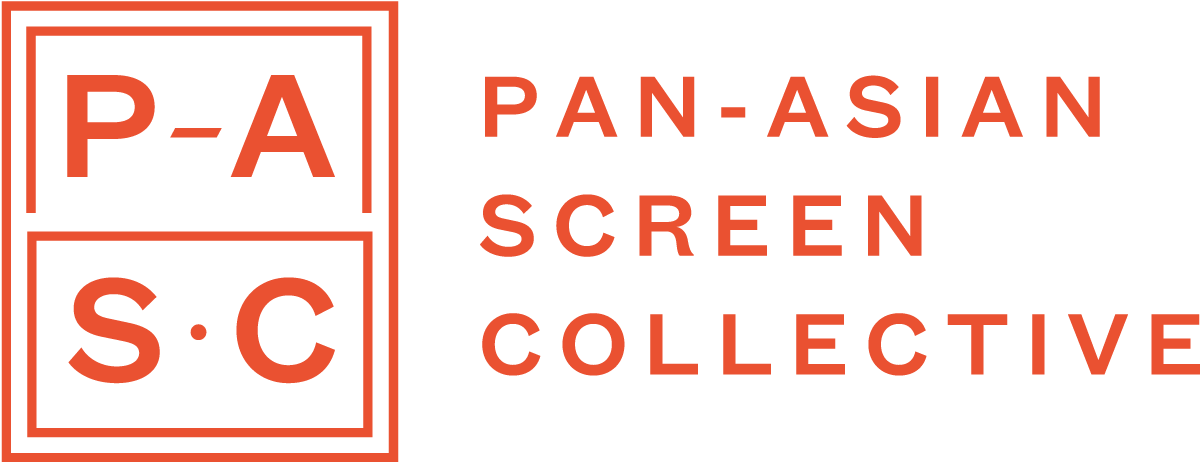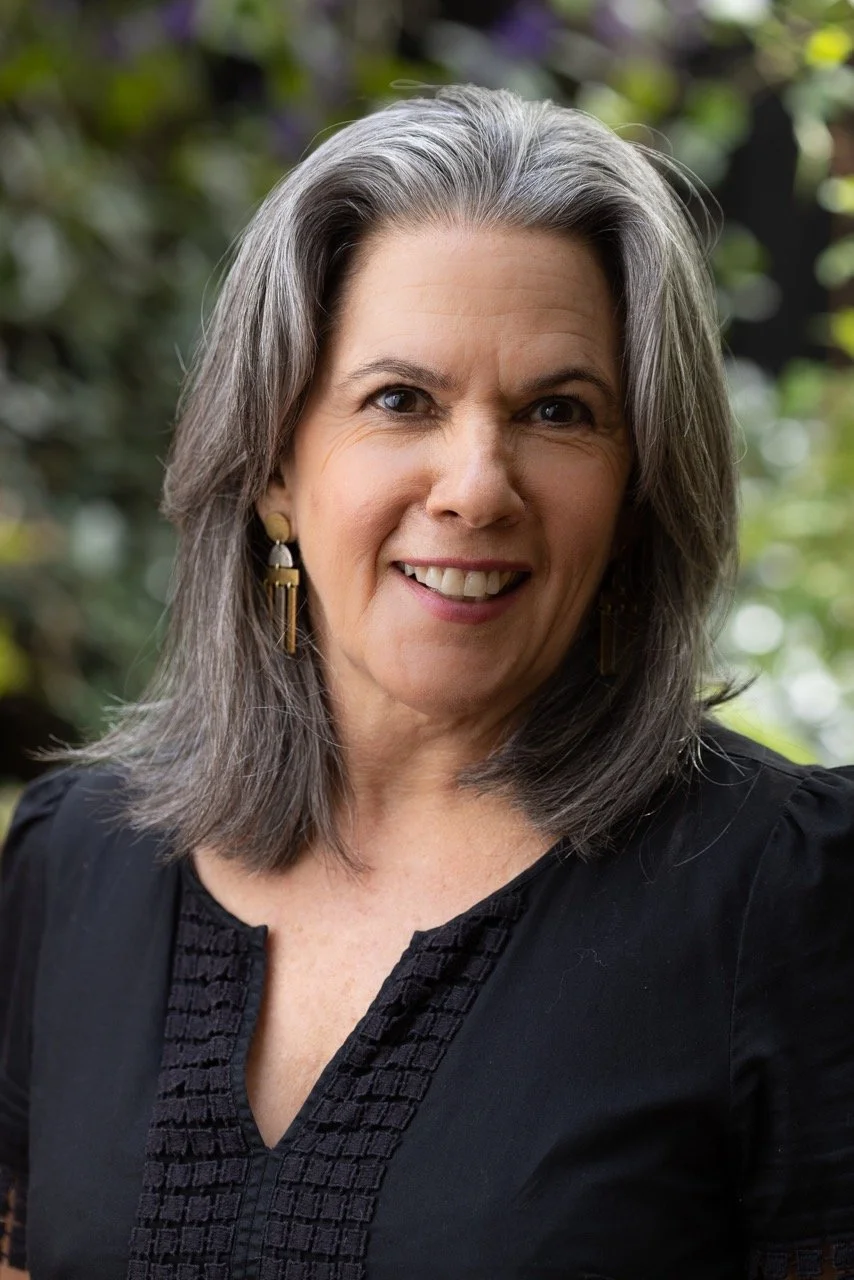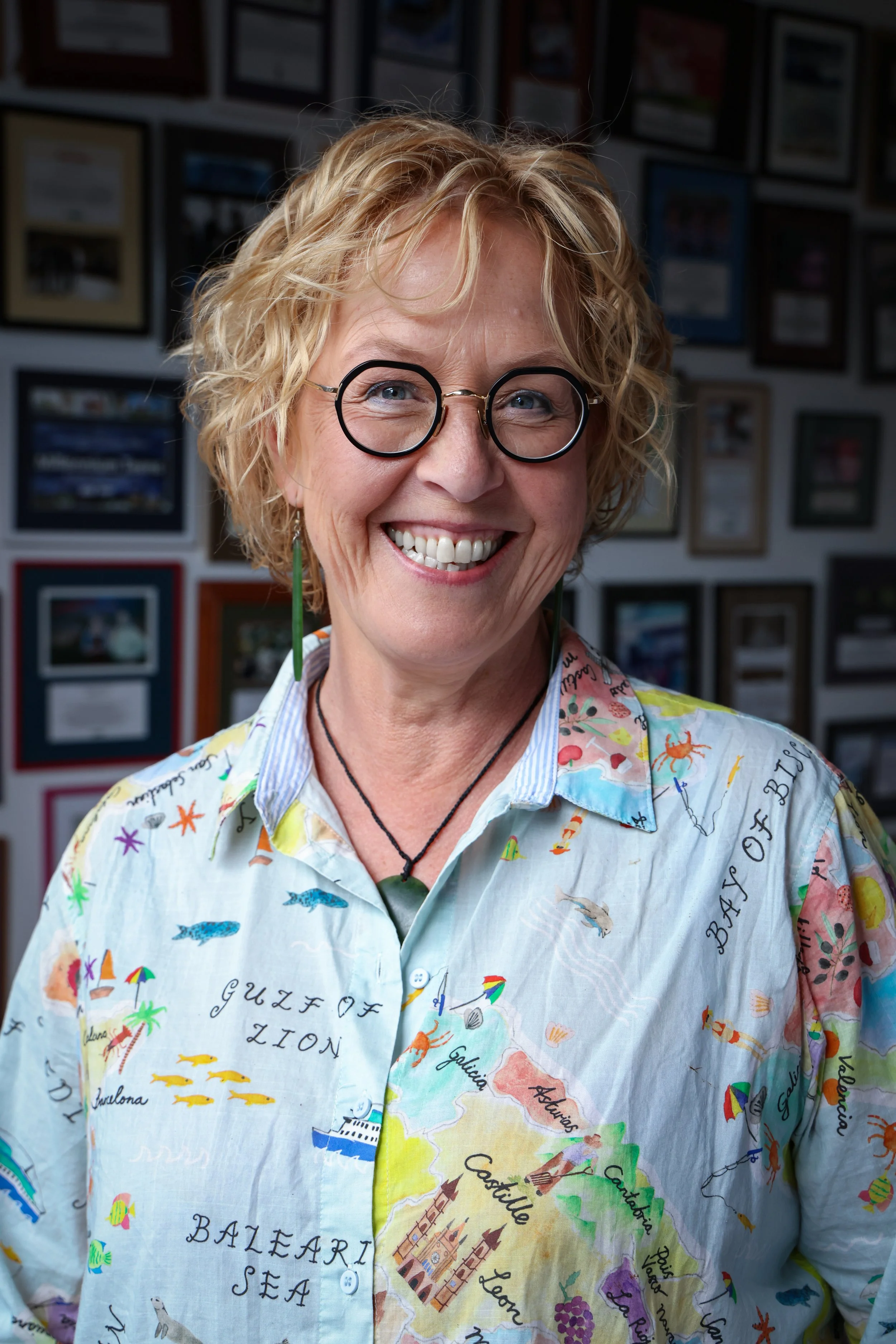ABOUT WRITERS’ ROOM: SEAT AT THE TABLE
Writers’ Room: Seat at the Table is an initiative funded by Irirangi te Motu New Zealand On Air to bring Pan-Asian writing talent to writers’ rooms in Aotearoa and beyond. Featuring a range of workshops including “mock” writers’ rooms led by local and international industry experts, the programme seeks to deliver experiential learning to writers who are serious about series writing.
WHAT:
Writers’ Room: Seat at the Table
WRSATT Part 1 - Writers’ Rooms Fundamentals
WRSATT Part 2 - Mock Writers’ Rooms
WRSATT Part 3 - Observerships
WHO:
PASC Members
WHEN:
3-6 October 2024
WHERE:
Auckland
Applications close Monday 19 August, 5pm
“It is difficult for most people to catch a break in this industry particularly in a climate when production funding is under threat. Unfortunately, during “austerity” inclusivity can easily become a ‘nice’ to have, instead of a ‘need’ to have.” But it is at such a time more than any, that we need to innovate, bring fresh ideas, and take some risks to find that one breakthrough show; that one singular voice.”
– Shuchi Kothari, creator and convenor of WRSATT
OVERVIEW
Writers’ rooms are the mainstay of collaborative development for episodic television especially in the USA, UK, and Australia. Historically, the lack of diversity and inclusivity in writers' rooms directly impacts underrepresented communities, and society at large in often harmful ways.
Irirangi Te Motu New Zealand On Air works actively to reflect and develop Aotearoa’s identity and culture by ensuring that the content it funds is an authentic reflection of the diverse audiences it serves. Referencing NZOA’s Diversity Report 2023, Pan-Asian practitioners only make up 11.1% of crown-funded screen productions. This figure, though falsely elevated by one anthology feature with 8 Pan-Asian directors, remains below census statistics that show the Asian population at 17.3%.
PASC is committed to consistent mahi that ameliorates these statistics for Pan-Asian New Zealanders. One way is to develop television writers who can ensure that our screen industry reflects the current and emerging demographic changes in Aotearoa. Beyond just enabling careers, promoting diversity in the media fosters social cohesion by challenging stereotypes and advancing positive intercultural understanding that can lead to a more inclusive functional society that operates on the principles of trust.
Diversifying writers' rooms with unique perspectives and different lived experiences also breathes fresh air into all stories. Inclusivity ensures that stereotypes and one-dimensional characters do not become entrenched in our screen narratives. A diverse writers’ room expands the potential for new voices and stories to reach a broader audience both locally and internationally. The visibility of recent Asian shows such as Creamerie, Homebound 3.0, Raised by Refugees, and Miles from Nowhere is changing and challenging perceptions of industry stakeholders and audiences.
This initiative also aims to nurture Pan-Asian writers' ambitions to create and contribute to narratives beyond their own culture and ethnicity. For instance, Asian writers have also written for recent shows such as Far North and My Life is Murder.
Despite these celebratory moments, Pan-Asian writers struggle to find a seat at the table. It is difficult to demonstrate experience when you are not hired to gain experience in the first place.
PASC has taken on this mantle to a) advocate for broader inclusion in writers’ rooms; b) develop Pan-Asian New Zealand writers to become active contributors and productive disruptors in the local and international screen industry.
It is with these two goals in mind that Writers’ Room: Seat at the Table has been conceived and designed by screenwriter and academic Dr. Shuchi Kothari.
PROGRAMME
Writers’ Room: Seat at the Table is an initiative in three parts
WRSATT PART 1 - Writers’ Room Fundamentals
This full-day workshop, consisting of two parts, will discuss various aspects of a successful writer’s room.
Workshop A: How a Room Works
Beyond understanding the organisational dynamics of a writers’ room, attendees will explore the roles of the lead writer, the storyliners, and the notetakers - each crucial to crafting compelling narratives and supporting the creative synergy of the team. This session will also include topics such as:
Roles and responsibilities of the lead writer, and storyliners
Efficient workflow in the room
Types of contributions
Understanding and managing expectations
Time management and daily goals in the room
Workshop B: Note-taker Masterclass
The note-taker plays a crucial role in recording and organising the ideas which swirl around the high-velocity environment of a writers’ room. Detailed and accurate notes may determine whether a winning idea gets lost in the din or helps launch a series into the stratosphere.
In this workshop, Marisa Brown, co-founder of Octopod Films and experienced writer, storyliner and story developer from Tony Ayres Productions in Australia, will run a master class on effective note-taking in writers’ rooms. Attendees will learn about:
Writing in real time
Recording, organising, editing and presenting notes
Formatting and releasing scripts
Making the most of opportunities as a note-taker
WRSATT Part 2 - Mock Writers’ Room
This immersive workshop invites up to 18 selected writers to take the knowledge from Part-1: Writers’ Room Fundamentals into a three-day storylining simulation, under the leadership of seasoned Lead Writers and Developers of series television.
During these in-depth, hands-on sessions, participants will be divided into teams of 6 across three rooms to create a compelling, multi-episode series arc and gain practical insights about:
How to actively contribute as a storyliner
How to steer a room as a Lead Writer
How to collaborate as a group towards a common goal
How to listen deeply and articulate clearly
How to be an indispensable notetaker (writers will rotate as notetakers)
Additionally, these workshops will include plenary sessions that offer a unique platform for robust, facilitated discussions around the opportunities, challenges and issues affecting Pan-Asian writers in this field.
NB: Participant preparation for these sessions may involve viewing up to three seasons of their assigned series before the workshops.
WRSATT Part 3 - Observerships
Seat at the Table culminates with one-day observerships in which selected writers experience the dynamics of a professional writers’ room in the real-world. These opportunities will be negotiated with local production companies that are storylining for their scripted productions.
This phase of the initiative will be subject to the schedules and availability of local scripted development across a 6-month period.
WRITERS’ ROOM GALLERY
ELIGIBILITY AND APPLICATION INFORMATION
Please read through the eligibility requirements carefully.
ALL applicants for this initiative must be residents or citizens of Aotearoa New Zealand.
Applicants must be members of PASC
This initiative is designed for those with a serious interest in working as a storyliner, series writer or showrunner. Up to 18 experienced PASC writers or directors and producers shall be selected for this initiative. All applicants must demonstrate that they:
Are currently in development of a series for screen (even if speculative)
Have been credited as a writer for a short film or webisode that has had distribution/circulation, OR have previous experience as a series storyliner (with references)
Confirm their availability for four days of the programme – from Thursday 3 October until Sunday 6 October (Parts 1 & 2).
Applicants will be asked to submit a PDF that contains:
An accurate one-page CV with links to references and credits if relevant
A statement of intent containing responses to prompts that will cover:
An expression of how this initiative in its entirety would directly benefit their practice as well as their career plans in the next three years
An analysis of a character and their development across a series
A description of up to four of their most significant writing credits and their contributions or successes in the projects’ narrative development
A personal statement that draws on any relevant perspectives, experience or attributes that align with the learning activities and aims of the initiative as a whole
ASSESSMENT
A panel of diverse assessors will consider:
The relevance of prior experience
The clear articulation of commitment/plan to begin or continue as a series writer
The strength of analysis for the chosen character’s development and arc
The quality of answers within the limits of word-counts
APPLICATION PROCESS
Complete the online application form linked below and submit the materials before the deadline: 5:00pm Monday 19 August 2024.
IMPORTANT DATES:
30 July Applications Open
5 August WRSATT information Webinar Q&A
19 August Applications Close
9 September Participants Announced
3 October Part 1: Writers’ Room Fundamentals Workshop
4 - 6 October Part 2: Mock Writers’ Rooms Workshop
TBD Part 3: Writers’ Room Storylining Observerships
Please note that the workshops will run consecutively from the middle of the working week: Thursday 3 October until Sunday 6 October.
PASC can offer a modest travel and child care subsidy if required. Please don’t hesitate to reach out to the GM for support.
KEY BIOS
Webinar Session
Monday 5th August, 5:30PM
Everything you need to know about Writers’ Room: Seat at the Table with designer and convener, Shuchi Kothari, and PASC general manager, Megan Blackwell.
The webinar recording is available here for those who missed it.
WRSATT FAQ
-
No. Each application is individual.
-
This initiative is designed for PASC practitioners who already have writing experience and demonstrable credits.
-
You may make a strong case which will be considered but priority will be given to experienced writers.
-
Sorry, if selected for Part 2, you must be available for the entirety of the four days. However, people who are only interested in Part 1, can register for that part only.
-
Yes you can. But your analysis should consider that character's arc in depth, rather than simply rehashing the plot of the series.
-
The programme is free for participants, which is why we expect a lot from you.
-
Participants will be assigned a room and series by the programme convenor.
-
Once assigned a series you are expected to view all the episodes in preparation. You’ll have at least two weeks to watch prior seasons as part of your preparation.
-
Unfortunately, not. We encourage you to be as resourceful as you can and be nice to your friends with existing subscriptions.
-
You will spend one full working day in a working writers’ room. This is an unpaid observership but what you gain will be invaluable.
-
No one and everyone. You’re storylining for existing series that are already out there. So there is no question of IP infringement. This is purely a joyous learning opportunity for upskilling.
-
There are a lot of aspects to consider with production companies for this placement, including scheduling, access and availability. We will make a determination and assign you to the best possible opportunity.
Acknowledgements
Pan-Asian Screen Collective acknowledges Irirangi te Motu New Zealand On Air for their financial support and Shuchi Kothari for designing and convening the initiative.















